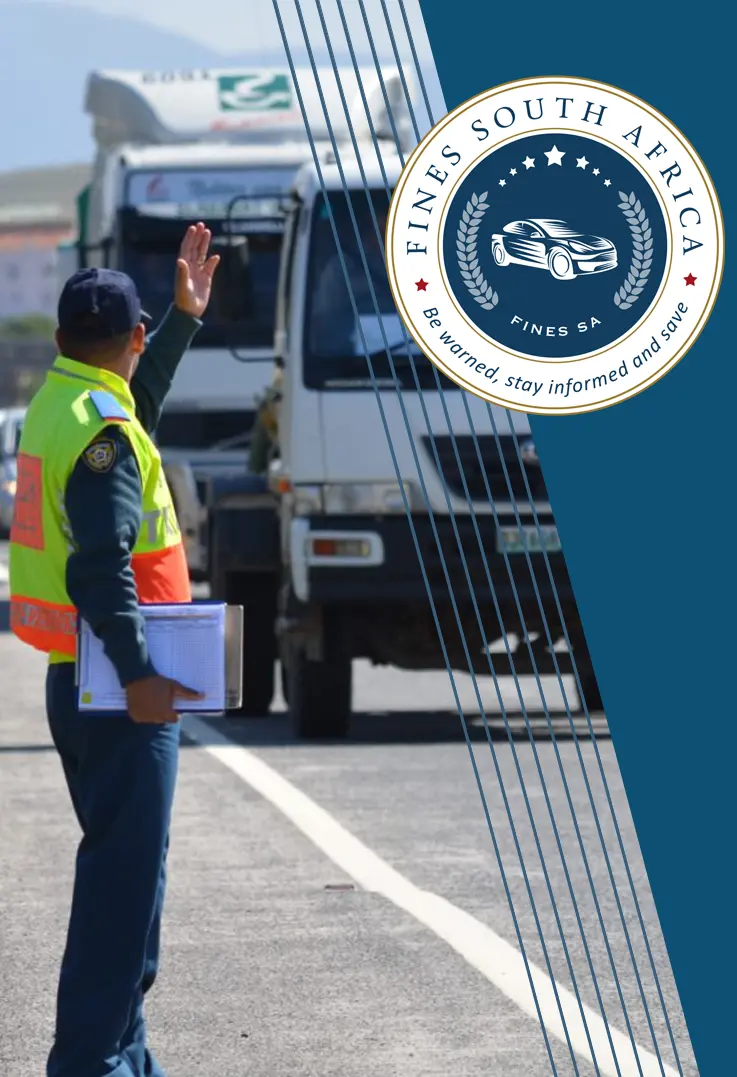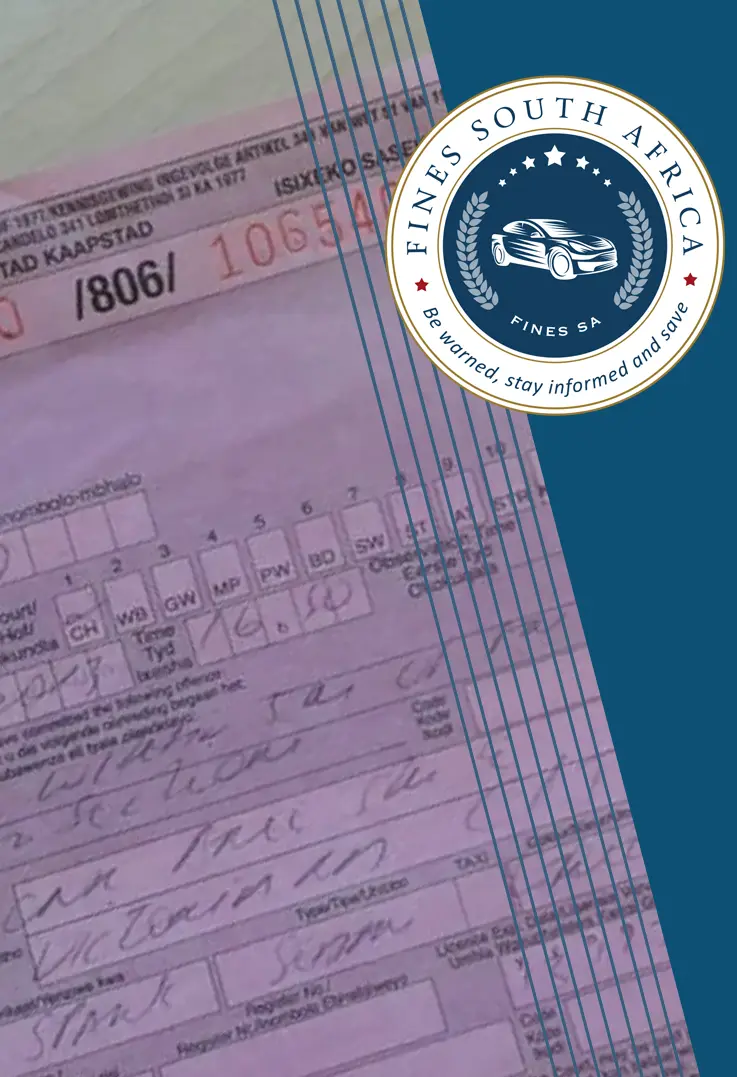Navigating the Fine Line: How Efficient Fines Management Boosts Your Fleet's Productivity
In the fast-paced world of business, managing a fleet comes with its own set of challenges. Beyond logistics and operational efficiency, there's a critical aspect that often goes overlooked—traffic fines. Navigating the fine line of fines management is not just about avoiding penalties; it's a strategic move that can significantly boost your fleet's overall productivity.
Understanding the Impact
Traffic fines aren't merely monetary penalties; they can disrupt your entire fleet operation. Late payments, missed deadlines, and administrative hassles can accumulate, causing a ripple effect across your business. To truly comprehend the impact, let's delve into the ways fines can affect your fleet:
1. Financial Drain
Unpaid fines accrue interest and additional charges, turning a minor penalty into a substantial financial burden. This drains resources that could be better invested in optimizing your fleet.

2. Operational Delays
Outstanding fines can lead to vehicle impoundment or even suspension of licenses. Such operational delays not only hamper deliveries but also tarnish your business's reputation.
3. Administrative Overhead
Managing fines manually is time-consuming. The paperwork, follow-ups, and record-keeping demand significant administrative efforts that could be better utilized elsewhere.
Efficient Fines Management: A Strategic Approach
Efficient fines management goes beyond just paying penalties on time. It's about adopting a strategic approach that minimizes risks and enhances overall fleet productivity. Here's how:
1. Centralized Tracking System
Implementing a centralized system for tracking fines allows you to monitor each vehicle's status in real time. This transparency ensures that no fine slips through the cracks.
2. Timely Payments
Prioritize timely fine payments to avoid unnecessary costs. An efficient fines management system can streamline the payment process, preventing fines from escalating.
3. Data-Driven Decision-Making
Leverage data analytics to identify patterns and trends in your fleet's fine history. This insight enables you to make informed decisions, such as adjusting routes or providing additional driver training.
4. Automation for Compliance
Embrace automation to ensure compliance with traffic regulations. Automated alerts, document submissions, and renewal notifications contribute to a seamless and compliant operation.
The Bottom Line: Productivity Boost
Efficient fines management isn't just a regulatory obligation; it's a strategic move that directly impacts your bottom line. By navigating the fine line proactively, your fleet can experience:
1. Cost Savings
Timely payments and reduced administrative overhead translate into direct cost savings, allowing you to allocate resources more efficiently.
2. Enhanced Reputation
A fines-free record contributes to an enhanced reputation. Your clients can trust that their deliveries will be prompt and without unexpected delays.
3. Operational Efficiency
With fines no longer causing disruptions, your fleet can operate with increased efficiency. This is especially crucial in meeting tight delivery schedules and maintaining client satisfaction.
Fines SA makes keeping up to date with your fines easier than before. Now you can pay your fleet fines stay up to date and avoid any unnecessary delays or trouble.
Fines management is not just about avoiding penalties; it's a strategic investment in your fleet's
overall productivity and success. By navigating this fine line with efficiency and foresight, your
business can stay on the road to success, free from unnecessary bumps and detours.


